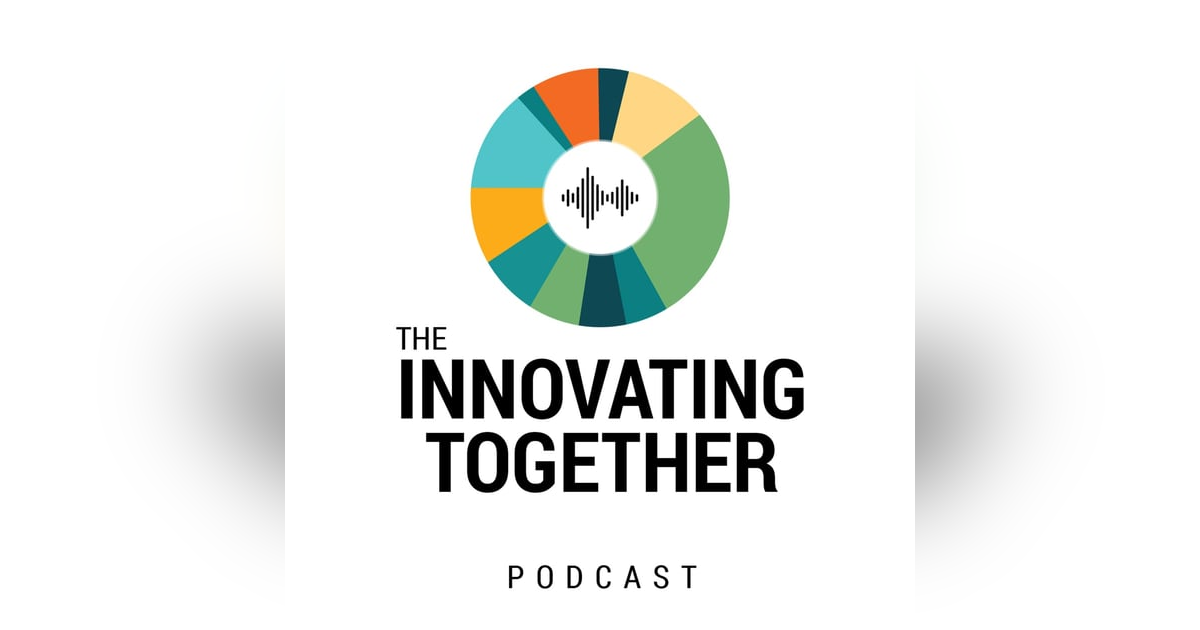Interview with Dr. Gaye Theresa Johnson from UCLA

Today we’re talking with Dr. Gaye Theresa Johnson from UCLA. Dr. Johnson has done meaningful work in the areas of racism, cultural history, and political economy. Dr. Johnson describes herself as a lifelong learner and a teacher in the broadest sense. As a community engaged scholar she’s been part of movements for the new role of education in society. She said she’s aware of the history of education in society and continues to be in conversation with those that have been there.
Dr. Johnson says as a scholar of race and power, inequalities have always been an emergency. The unrest of the last year has been a manifestation of an ongoing crisis. This unrest isn’t a surprise and beautiful things can come out of protests and movements. To do impactful work during these times, Dr. Johnson says you need to have perspective and grounding as well as knowing all the possibilities. Institutions can help by creating new language and delivering on promises made. Dr. Johnson says that the institution likes to get back to business as usual, so we have to take advantage of this window while we have it.
To engage meaningfully you must maintain relationships with the people in the communities that are doing the visionary work. Dr. Johnson reaches out directly to the community and asks what they need. It can be something as simple as Hunger Action LA, a program that put together a 70-page guide for food and other resources. They’ve had students help by simply accompanying low vision seniors to the farmers market. When we’re a part of a system that cares about the bottom line, what is your actual engagement? Dr. Johnson says you can’t teach community engagement without being engaged yourself.
Dr. Johnson touches on her work with spatial entitlement. She says if given the opportunity she would use a different word than entitlement as it ignores the land back movements. Dr. Johnson says over the past few decades we’ve been seeing more people of color in the pamphlets, but we’re not actually represented the way it’s portrayed on campus. She says if we’re going to use people of color to show racial equity, we must provide an environment where we can strive. Resources for people of color or other marginalized individuals are established out of struggle and are not what they need to be.
--
Welcome to innovating together, a podcast produced by the University Innovation Alliance. This is a podcast for busy people in higher education who are looking for the “aha moments” that can propel their work forward. Innovating Together curates the best insights, research, and experts. To connect with us further, visit www.theuia.org.
--- Send in a voice message: https://podcasters.spotify.com/pod/show/innovationalliance/message
